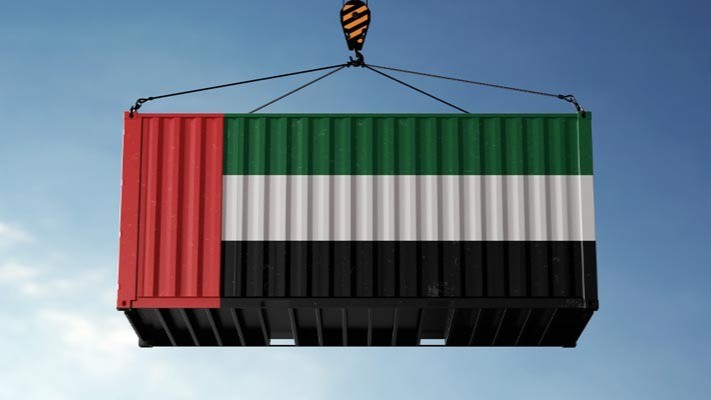Automation and the future of logistics in UAE’s e-commerce ecosystem

Logistics is in the midst of a global transformation, largely driven by automation, robotics and data-led decision-making. In markets like the UAE, where digital infrastructure, trade volume and e-commerce penetration are rapidly advancing, I believe this evolution is both timely and essential.
As delivery expectations grow more complex, the logistics industry is moving beyond traditional warehousing toward integrated, intelligent systems that prioritise accuracy, speed and flexibility. What was once considered the warehouse of the future is now the industry standard. Smart warehouses today utilise automated storage and retrieval systems, robotic picking arms and machine learning algorithms to reduce manual processes, improve accuracy and scale efficiently.
This shift is particularly important in the context of last-mile delivery, where operational inefficiencies are most visible to end users. Automated sorting and packing, combined with AI-powered route planning, are now critical tools in reducing fulfilment times. In high-volume e-commerce environments like the UAE, where reports suggest that annual e-commerce revenues are expected to surpass AED 50.6 billion by 2029, these gains are not marginal, rather, they are foundational.
The UAE is uniquely positioned to adopt these advancements at scale. Government initiatives such as the UAE Digital Economy Strategy and the Dubai 10X program actively encourage innovation in logistics and supply chain management. The country’s strategic location, coupled with world-class infrastructure, like Jebel Ali Port and Dubai Industrial City, creates ideal conditions for piloting and scaling warehouse automation.
Even branding in the logistics sector reflects strategic alignment. The naming of entities like ‘e11’ (inspired by the UAE’s longest highway) signals a focus on some of the most critical attributes for an efficient logistics operation like continuity, flow and nationwide connectivity.
Serving diverse sectors and businesses of all sizes, e11 leverages advanced logistics infrastructure and sophisticated technology. Its capability is demonstrated by projects, such as the efficient delivery of 378 heavy containers to 12 sites across the UAE in just 40 days for a demanding $15 million project requiring specialized handling.

Currently, leading UAE logistics and distribution companies are proactively investing in future trends. Al Gurg Distribution, for example, has integrated automation into its warehousing strategy, adopting systems that support real-time inventory visibility, security and cost control. These investments are aligned with key performance drivers in today’s distribution networks, i.e. speed, transparency and consistency.
The digital infrastructure behind automation offers a secondary benefit, such as access to real-time and actionable data. Businesses can now track inventory patterns, detect seasonal demand shifts and predict bottlenecks before they occur. This insight helps logistics leaders make faster, more informed decisions and adapt operations with minimal disruption. In an environment where supply chains face ongoing volatility this level of agility is critical.
Automation doesn’t eliminate the need for people, it changes what people do. As machines increasingly handle routine tasks, there is a rising demand for professionals with skills in systems maintenance, robotics, analytics and automation programming.
According to the World Economic Forum, roles in data analysis and process automation are among the fastest-growing job categories globally. For the UAE, this presents an opportunity to align talent development with emerging industry needs, ensuring long-term competitiveness.
Sustainability is becoming central to warehouse automation. Green initiatives like energy-efficient robotics, optimised layouts and AI-driven route planning reduce emissions and costs. In a region with rising ESG demands, these practices matter to both stakeholders and regulators.
The integration of robotics, AI and automation in logistics is a lasting shift. For UAE companies in fast-growing sectors, adopting these technologies is essential to remain competitive. I expect those investing in smart logistics today to be the leaders of tomorrow, as delivery demands increase.



